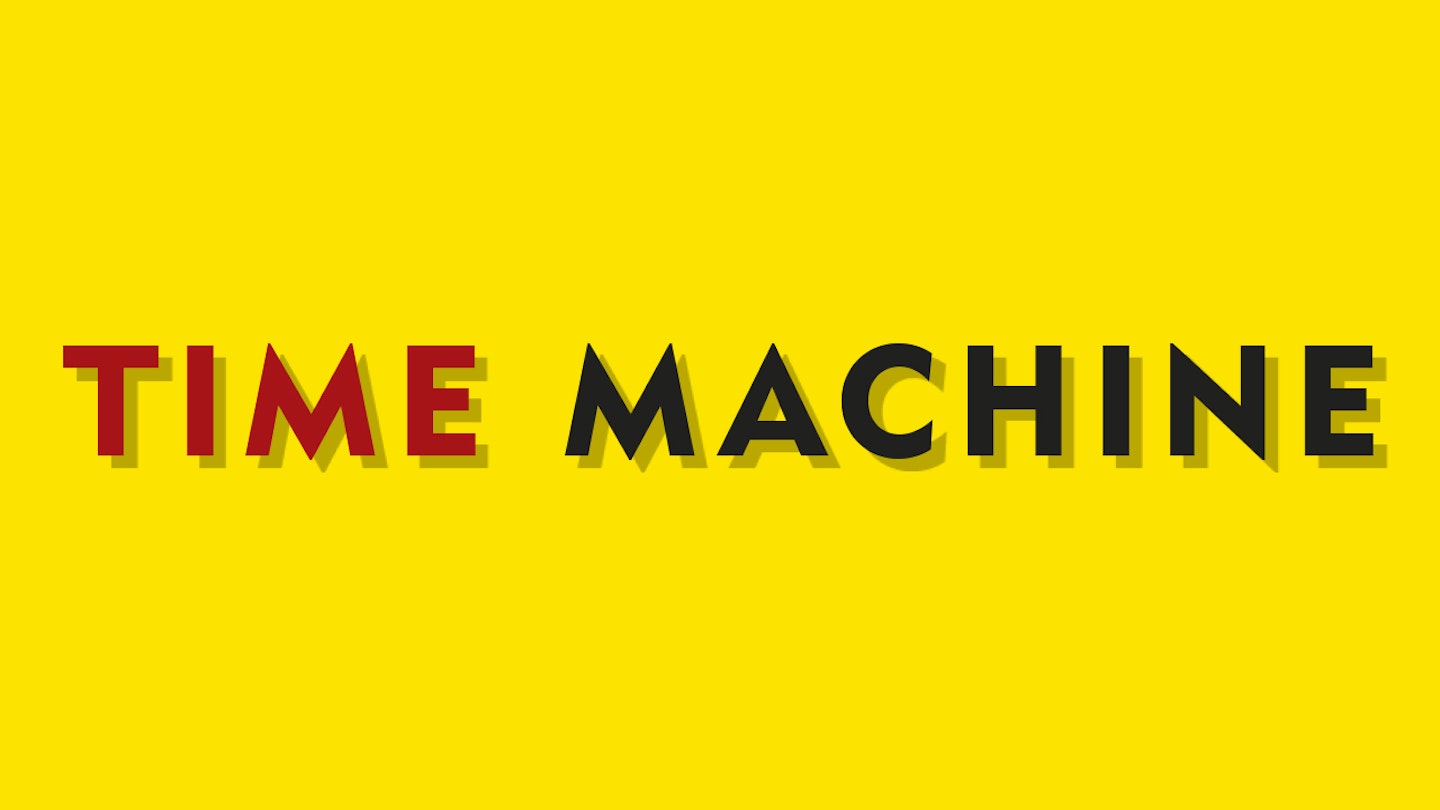12 August, 1989
Held at the 100,000 capacity Central Lenin Stadium, the two-day Moscow Music Peace Festival was an international glam metal/ hard rock convention to help in the battle against alcohol and drug abuse in the Soviet Union. Those stepping up to the plate included Mötley Crüe and Ozzy Osbourne…
Joining them at the first event of its kind in the USSR were Bon Jovi, Cinderella, the Scorpions, Skid Row and homegrown acts Gorky Park, Brigada-S and Nuance. Unthinkable just a few years before, but the 1985 accession to power of Mikhail Gorbachev, with his policies of Glasnost (“openness”) and Perestroika (“restructuring”), had brought about a thaw in international relations, and the admission that the Motherland did indeed have a drug problem. The bash had been organised by the Make A Difference charity, founded by Mötley Crüe and Bon Jovi manager Doc McGhee. McGhee’s opposite number was Stas Namin, promoter and founder of Sov-rock pioneers The Flowers, who had spent 1969 to 1986 being banned by the USSR’s Ministry of Culture for his pro-western outlook.
Somewhat embarrassingly, in April 1988 McGhee had been convicted of smuggling 40,000 pounds of marijuana into the United States from South America. He was given a $15,000 fine and a five-year suspended sentence, having promised to make amends by promoting world harmony. Hence his desire to launch what he perceived as a Russian Woodstock.
Despite the venture’s clean-living message and hopes for peace, the trip was not without temptation and discord. Mötley Crüe felt that McGhee was giving Bon Jovi preferential treatment, while Ozzy Osbourne later declared: “My wife, an L.A. Times journalist and I were the only sober ones on the flight.” Jon Bon Jovi recalled that needles were found on The Magic Bus, one of the two Boeing 747s that Doc McGhee had charted.
“This ain’t no Glasnost, man, this is Rock-Nost!”
Sebastian Bach, Skid Row
But what did the rock-starved young gig-goers - with their ‘devil’s horns’ metal salutes, multi-national flags and OZZY IS OUR GOD and KISS ARMY banners - care? Though day one commenced according to script, with speeches about sobriety and the lighting of a ceremonial flame, things soon got loud with Skid Row’s riotous cover of the Sex Pistols' Holidays In The Sun (several groups would cover songs by bands who suffered a drug or alcohol-related casualty). Played on a revolving stage festooned with white stars on a blue background, watched by Red Army troops, the song’s lyrics of World War Three and the Berlin Wall was strong meat. Similarly, Ozzy Osbourne’s War Pigs, Bon Jovi’s Wild In The Streets and Gorky Park’s rocked-up cover of The Who’s My Generation spoke to an audience for whom the promise of ‘Let’s Rock’ was no hollow slogan. All the bands played both days, ending the shows with mob-handed jams of Elvis songs, Give Peace a Chance and Led Zeppelin’s Rock & Roll, where the massed headbangers were joined by a wildly drum-solo’ing Jason Bonham. Even the security men joined in this new feeling of freedom: as Skid Row’s Sebastian Bach can be seen to remark on Wayne Isham’s film of the event, “this ain’t no Glasnost, man, this is Rock-Nost!”
Yet behind the scenes, egos clashed and tensions simmered over the show's running order. Ozzy threatened to pull his set if Mötley Crüe didn’t go on before him. Jon Bon Jovi reportedly offered his headline spot to placate Ozzy but, in event, Ozzy did follow Mötley Crüe, though the broadcast was edited to make it appear that Ozzy played first.
Mötley Crüe’s drummer Tommy Lee remained incensed. When Bon Jovi used pyrotechnics at the close of their set - having agreed not to do so - Lee approached Sebastian Bach of Skid Row, another Doc McGhee charge, and screamed “Your manager is a fucking asshole,” before punching McGhee and telling him he should henceforth manage The Chipmunks, as he was fired. When the time came to fly home, Lee and his bandmates refused to board the same plane as their now dumped manager.
Soon after, even Bon Jovi gave the boot to McGhee, the man who, remarkably, had arranged for 641 people and 64 transport trailers to make it to a festival that brought the rock'n'roll dream to Russia and helped thaw the Cold War, a magnificent achievement that grabbed the headlines in Pravda. Inspired by his experiences, Scorpions vocalist Klaus Meine noted that he started writing his band’s signature song Wind Of Change on his way home. The track was a huge hit in the US and Britain in August 1991 – the same month that a failed coup by Kremlin hardliners led to the final collapse of the Soviet Union.
